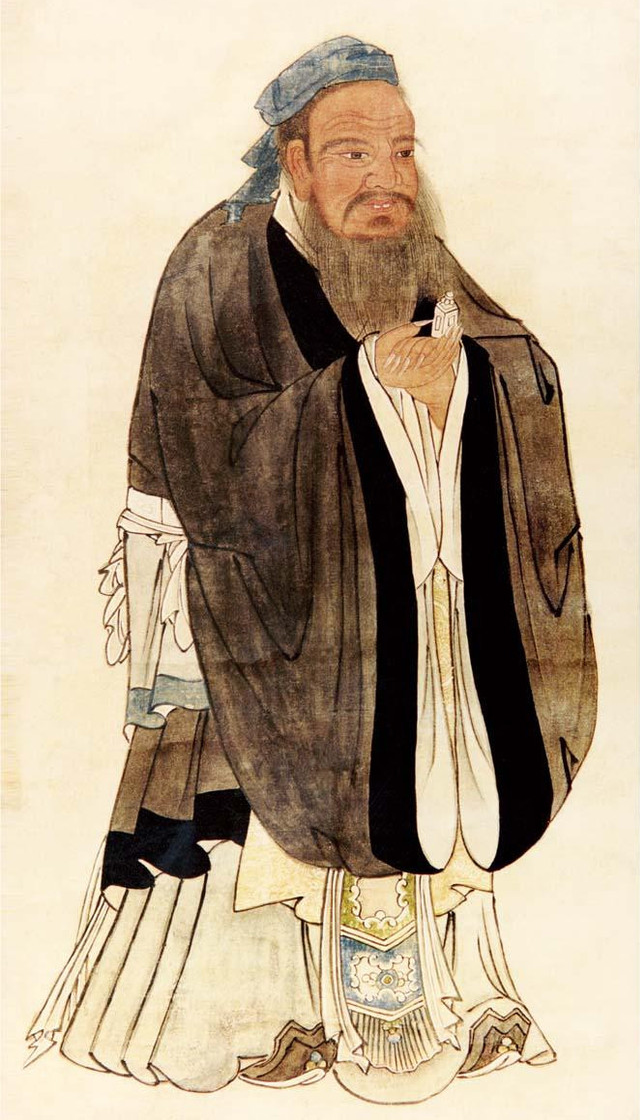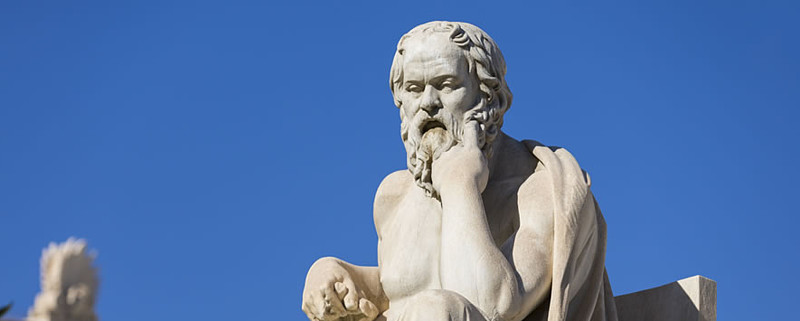Teaching Philosophy Learnt from the Ancients
Teaching Philosophy, University of Life, 2023
The Enlightenment from Confucius and Socrates
The Story of Confucius Teaching for Diversity
Once, after Confucius finished his lecture and returned to his study, a student named Gong Xi Hua brought him a cup of water. At that moment, Zilu hurriedly entered and loudly asked the teacher, “Master, if I hear a correct proposition, can I immediately act on it?” Confucius glanced at Zilu and calmly replied, “Shouldn’t you consult your father and elder brothers first? How can you just act upon hearing it?”
Just as Zilu left, another student, Ran You, quietly approached Confucius and respectfully asked, “Master, if I hear a correct proposition, should I act on it immediately?” Confucius immediately responded, “Yes, you should execute it right away.” After Ran You left, Gong Xi Hua curiously asked, “Master, why did you give opposite answers to the same question?” Confucius smiled and said, “Ran You has a humble character and tends to be indecisive in his actions, so I encouraged him to be decisive. However, Zilu is assertive and competitive, often acting without thorough consideration, so I advised him to listen to others’ opinions more and think thrice before acting.”

Socrates’ Teaching Philosophy: Celebrating the Diversity of Student Discovery
Socrates employed the “maieutic method” for rational deduction, championing a diverse approach to teaching that recognized and nurtured the unique paths of each student. By guiding them step by step, students were encouraged to draw their own conclusions. In this process, students weren’t just passive recipients but active protagonists, navigating the complexities of their own understandings, with the teacher as a facilitating guide.

